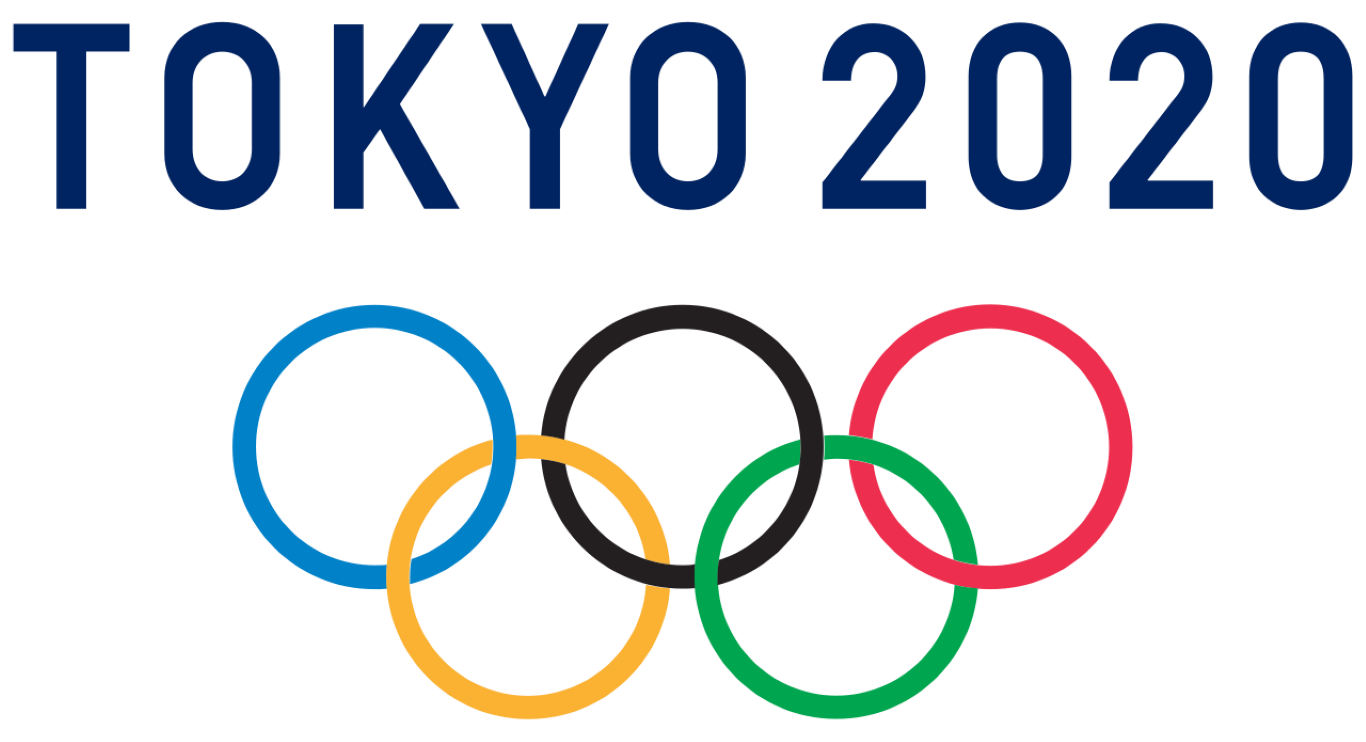
Tokyo 2020 Summer Games postponed due to COVID-19
By Craig Allan, Staff Writer
The fears of the coronavirus have hit the world. The sports world has been dealt blow after blow between the National Basketball Association, National Hockey League, and Major League Baseball all suspending their seasons—to the golf Masters, horse racing Kentucky Derby, and NASCAR Indianapolis 500 being halted. Now, despite being over three months away, the virus has taken out what may be the biggest player in the deck.
The plan originally was to decide on whether the games were going to occur around mid May, but as the virus fears and the pleas for social distancing began to grow, the International Olympic Committee (IOC) could not put off the decision any longer.
On March 22, Canada became the first nation to expressly state that they will not send athletes to Tokyo if the games are to be held as schedule. As the pressure mounted, the IOC could not delay any longer. After a conversation with Japanese Prime Minister Shinzō Abe, both parties agreed that the crisis was too vast for the games to continue as scheduled.
This is not the first time Tokyo has had the Olympic Games not go as planned. Tokyo was set to host the Olympics 80 years prior in 1940, becoming the first nation outside of Europe and North America to host the games. Those games were cancelled however, due to the Second World War raging around the world, and Japan’s aggression towards China in the Second Sino-Japanese War that went along with their continuing aggression towards the rest of Asia.
Some may feel this is too early to postpone the games, but there are other factors at play. For one, many of the qualifying events in the lead up to the games had either been postponed or cancelled due to the virus. Even if the pandemic ended in mid July before the opening ceremony on July 24, there would not be enough time to schedule all of the necessary qualifying events in time. Along with this, training for the athletes has been affected, with many athletes unable to properly train as usual due to the advised policy of social distancing, and the closure of many training facilities.
The postponement of the Olympic Games is also a blow to the Japanese organizing committee as well. Because many of the facilities were set to be handed over or sold off to private companies and municipalities, the committee will have to re-negotiate these handover agreements. If the group set to buy the athletes village does not agree to renegotiate the handover date for example, then the games may be stuck in the position of not having an athlete’s village for the games—as there will not be enough time to build a new one before next year.
If the games do not take place in 2020, they will not be renamed to any year outside of 2020. This is likely a cost saving measure as signs, merchandise, and 15,000 gold bars have all been adorned with “2020.” As for the Olympic Flame, which is bound by tradition to stay eternally lit from its journey from Greece to the end of the games, it will be maintained in the Japanese prefecture of Fukushima for display until a later date when it is safe for the flame to travel again.
With so much at stake regarding the health of athletes, officials, and fans alike, to continue with the games as is would have been an ill-advised proposition. If the coronavirus does not continue with strength into 2021, the Olympic games will now premiere in an odd-numbered year for the first time ever. An ever so fitting stat for these odd times.

